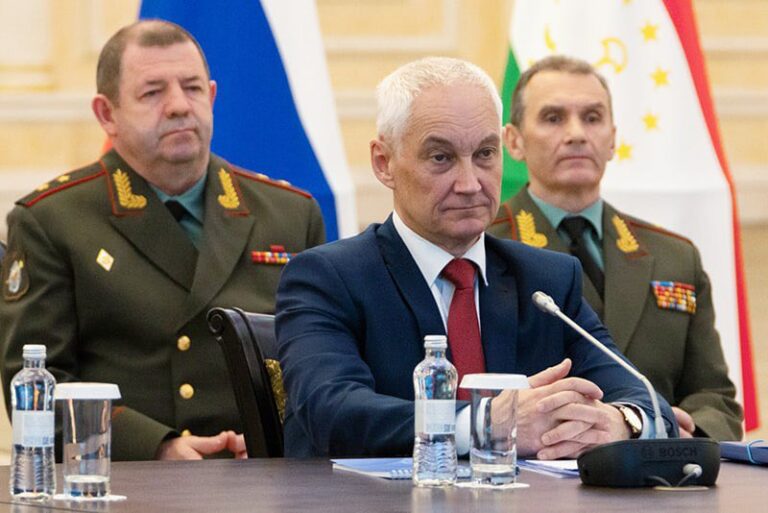In Russia, the purge of both former and current generals within the Ministry of Defense is ongoing. This effort is effectively a crackdown on the team of Sergei Shoigu, whom the Kremlin holds responsible for the conduct and consequences of the war in Ukraine. President Vladimir Putin had previously turned a blind eye to corruption within Shoigu’s department, confident that the military remained combat-ready. However, the onset of war in February 2022 and the subsequent need to seek assistance from Iran and North Korea prompted the Kremlin’s leadership to reevaluate its tolerance for corruption.
Although Shoigu was appointed head of the Russian Security Council, this move marked a decline in his political influence. In contrast, former Security Council Secretary Nikolai Patrushev has managed to maintain and even bolster his clout despite being reassigned as an aide to the President of Russia. Patrushev harbors negative sentiments toward Shoigu, holding him accountable for the current situation in Russia.
Under Shoigu, a system was established that allowed “friendly” generals and firms to win tenders for supplying various equipment, including military gear. By negotiating with officials from the Ministry of Defense’s logistics service, fabricated demand was created for products that the military did not actually need. In some cases, these involved goods or products that did not even exist.
Patrushev is aware of all the abuses committed by Shoigu’s team within the Ministry of Defense. As a result, the recent arrests within the Ministry are seen as the beginning of a purge of the ex-minister’s corrupt team, which many believe will ultimately culminate in Shoigu’s own arrest. Resignations and arrests are also expected in the General Staff. In our view, the fight against corruption in the military is linked to the Kremlin’s desire to avoid a repeat of the Soviet Union’s collapse, which was spurred by freedom of speech, an inflated military budget, and excessive militarization. Hence, despite the ongoing war with Ukraine, Putin is determined to prevent a significant increase in military expenditures.
Currently, the dismantling of the centralized corruption system built by Sergei Shoigu is underway. This system was under Shoigu’s control, bypassing the representatives of the Federal Security Service (FSB) and the older clans within the Ministry of Defense, which had formed under former Minister Anatoly Serdyukov. The appointment of Belousov as Minister of Defense was intended to break Shoigu’s monopoly over the ministry’s funds. The interests of Andrei Belousov, as well as those of the FSB and the Investigative Committee of Russia, have converged in this purge of the Ministry of Defense.As a result, Andrei Belousov’s faction is growing stronger through the arrests of Shoigu’s protégés. For instance, Anna Tsivileva, the wife of Russia’s Minister of Energy Sergey Tsivilev, has been appointed as Belousov’s deputy. Sergey Tsivilev is a partner of Gennady Timchenko, a close friend of Putin and a key member of the so-called “Putin politburo.” Unlike Shoigu, Belousov seems willing to distribute the spoils of corruption beyond his immediate circle of influence. This, in turn, suggests that the Ministry of Defense’s corruption-related expenditures may increase due to the growing number of beneficiaries. We are convinced that eradicating corruption within Russia’s armed forces is unlikely. Consequently, we expect the construction of a new corruption network under Belousov’s leadership, which may temporarily reduce corruption flows but only to a minimal extent.




